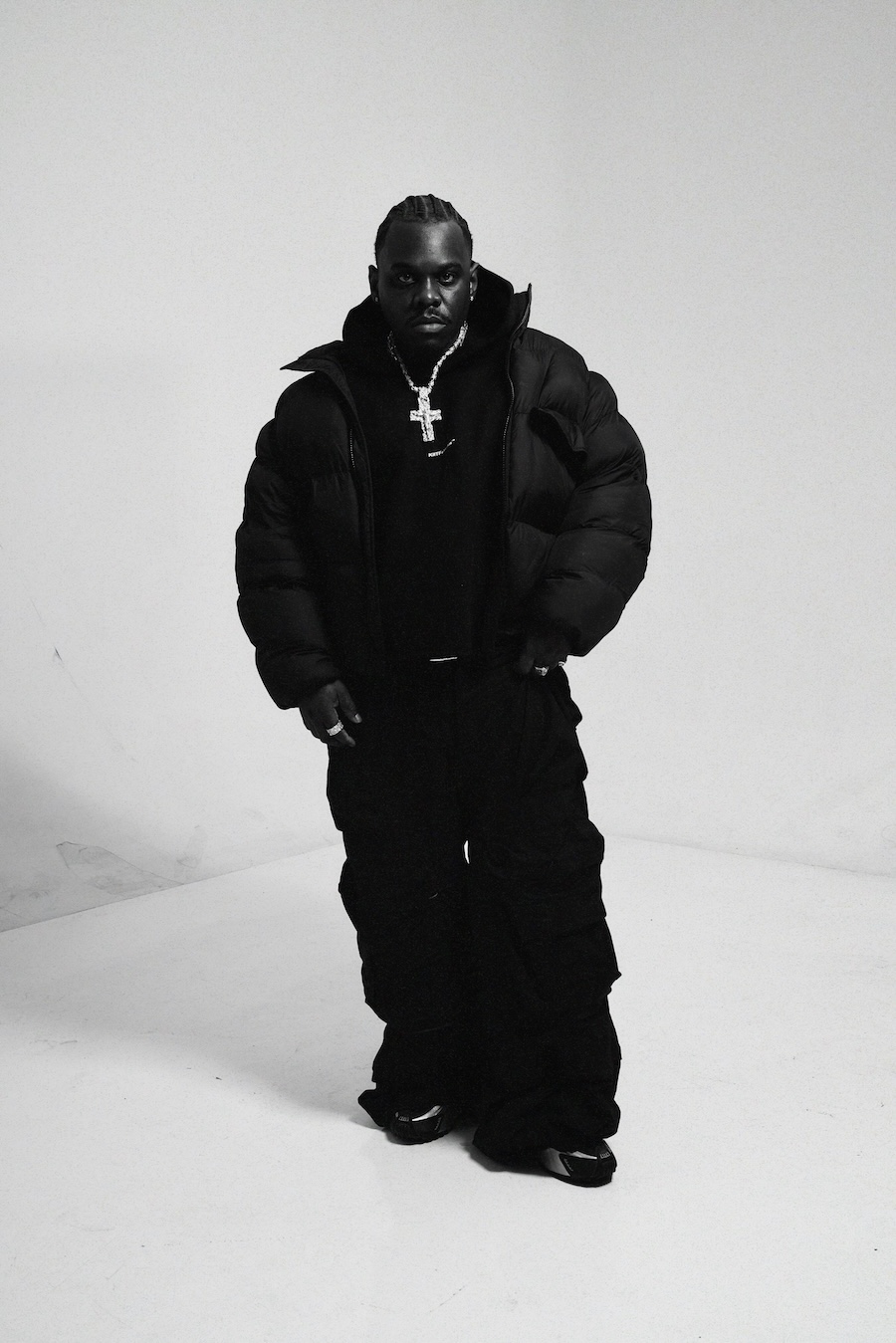
Dallas-born artist and Grammy-winning producer Kal Banx has been one of hip-hop’s quiet architects for years. His fingerprints stretch across culture: Isaiah Rashad’s “The House Is Burning”, J. Cole’s “Revenge of the Dreamers III”, and records with Baby Keem, SZA, Jorja Smith, Schoolboy Q, SiR, and Denzel Curry. Most recently, he earned a Grammy for his production on Doechii’s “Alligator Bites Never Heal.”
Rhythm, Southern bounce, and legacy in motion.
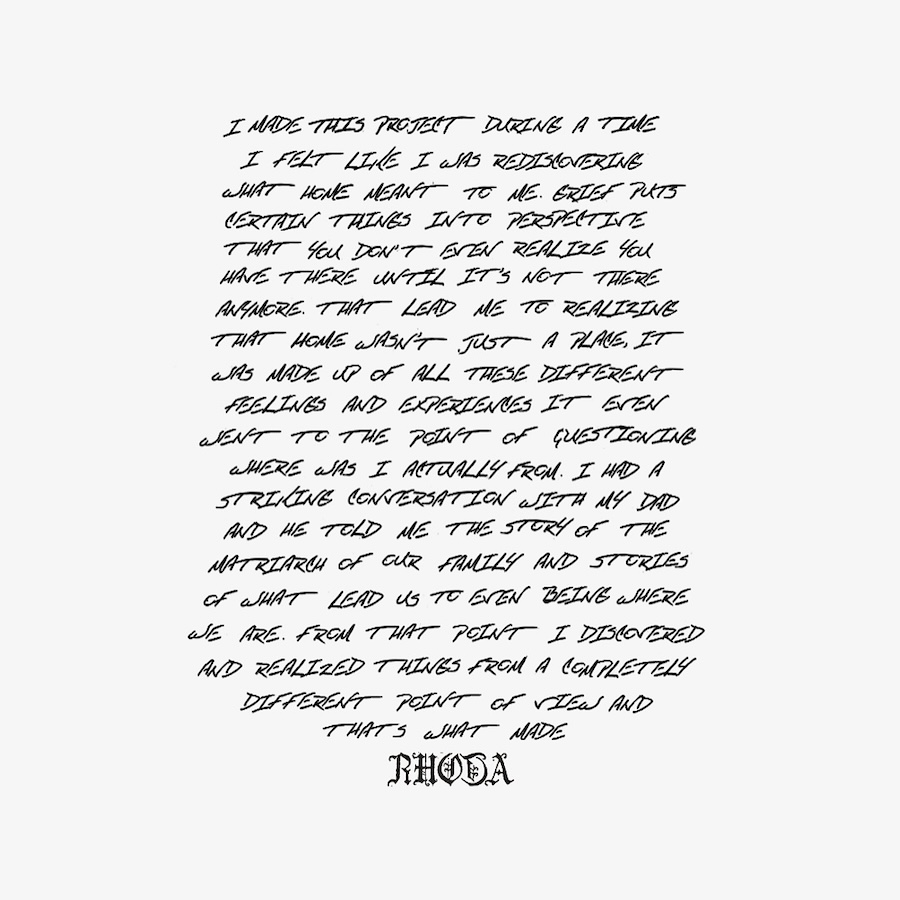
Now, after shaping the sound of a generation from behind the boards, Banx is stepping into his own spotlight with RHODA, his debut album. The record is stacked with collaborators like Isaiah Rashad, SiR, Maxo Kream, Smino, Buddy, Mez, Baby Tate, Pink Siifu, Childish Major and more. At its core, though, RHODA is Banx himself, handling most of the production, blending Southern soul with experimental textures, gospel layers with hard-hitting drums, and introspection with undeniable bounce.
Arriving in two parts, RHODA is a journey of rediscovery: of self, family, and what “home” really means after the loss of his mother. It is both intimate and cinematic, carrying the lineage of narrative-driven hip-hop classics like “The Miseducation of Lauryn Hill”, Kendrick Lamar’s “good kid, m.A.A.d city”, or De La Soul’s skit-heavy worlds.
When my mom passed away, it was like, damn, she’s not there anymore, so now that’s just a space,” Banx says. “It made me realise, like, okay, home isn’t a physical place… It’s a feeling of home that I’m looking for.
That search for home powers the entire record. And to build forward, Banx first had to look back.
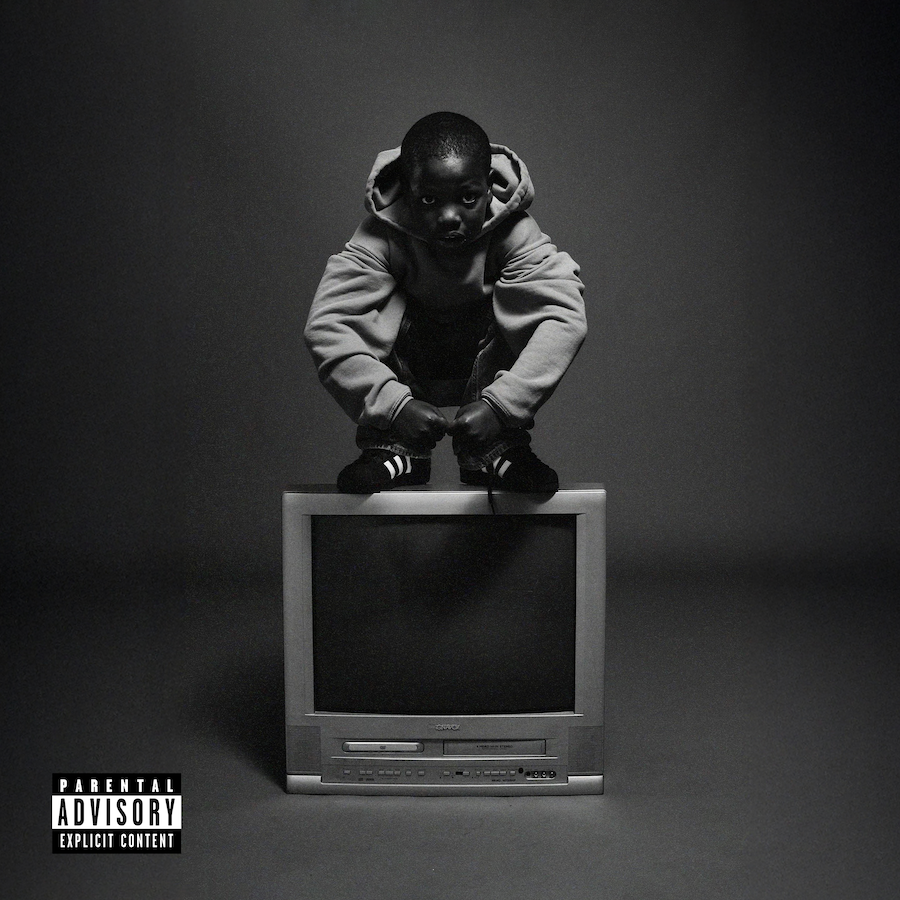
FINDING FOUNDATION
“Rhoda” is the matriarch of Banx’s family, a name uncovered only months ago when relatives traced their lineage back to Crockett, Texas.
Up until then, we didn’t know anything past my grandpa,” Banx says. “Then we got these papers from Crockett that gave us our entire lineage up to Rhoda. That was my first time feeling like, oh damn… this is where I’m from.
Growing up between Dallas’s Oak Cliff and the Woods, Banx built RHODA as a way of grounding himself. “I wanted to start thinking about the things that created this feeling for me. It turned into these songs.”
His mother’s advice, “Everything you feel, write it down,” became his process. “These are brand new feelings,” he says. “A lot of those songs I literally wrote four or five months ago. I was experiencing it in real time.”
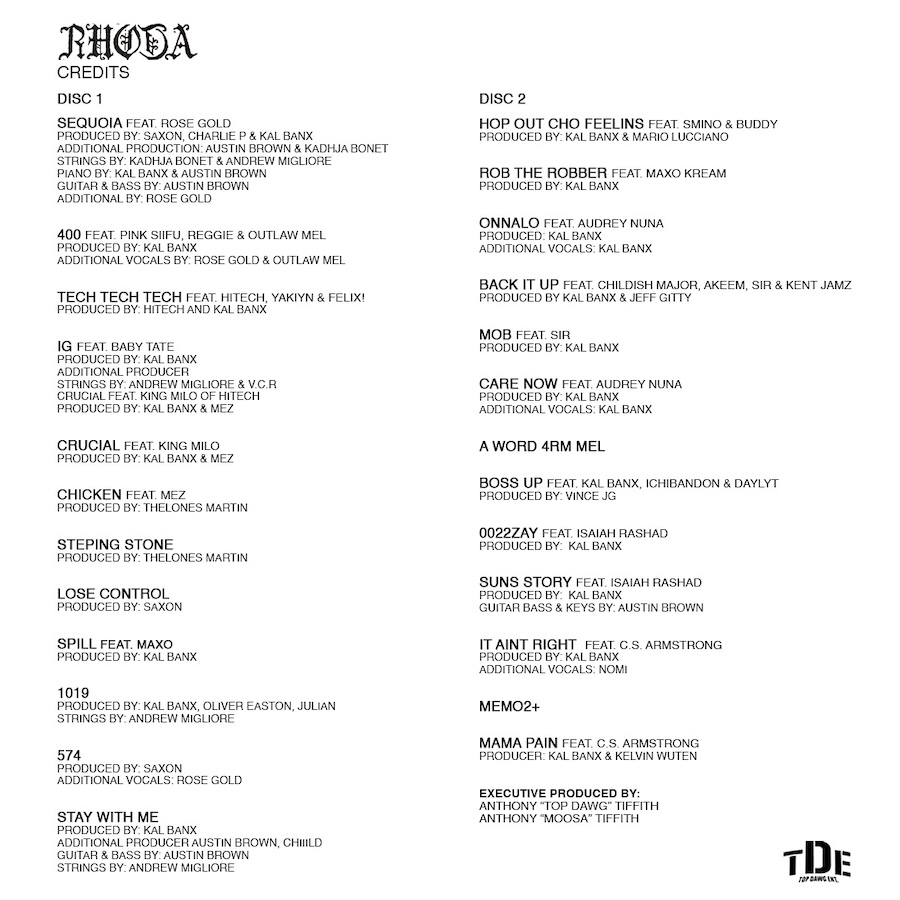
NOTES TO SELF
Songs like “Stepping Stone” and “Stay With Me” feel like diary entries cracked wide open: vulnerable on the page, but dressed in saxophones, strings, and bounce so they still move. “I realised I needed some throughline that kept it warm like Burnt Sienna,” Banx says. “Whether it was drums, keys, samples, I always wanted that feeling to be present.”
That warmth is rooted in Dallas. “I can’t help where I’m from,” he says. “No matter what I do, it’s gonna come out bouncy. Even when I’m introspective, the Dallas bounce is always there.”
Banx wasn’t just arranging. He was composing an experience meant to be lived through. “I wanted it to feel like a movie, an immersive experience,” Banx says. “The interludes are like flashbacks, not to give you my exact answer, but to let people create their own picture.”
But warmth doesn’t erase weight.
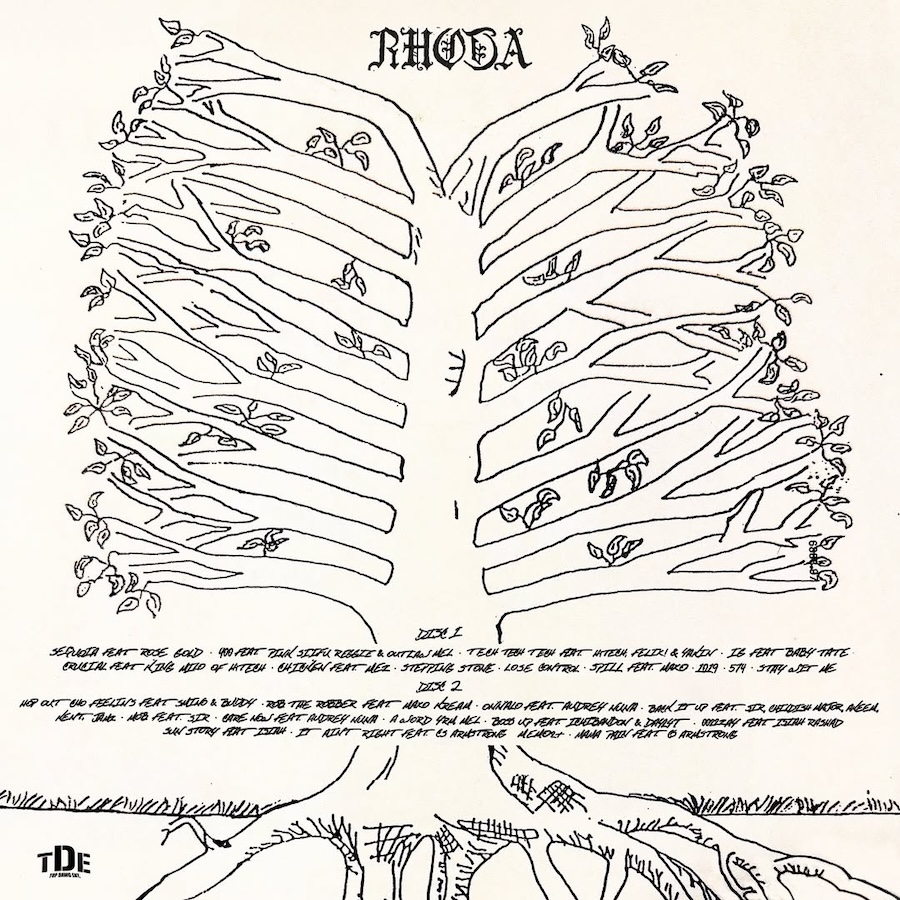
THE WEIGHT OF THE OAK
In Banx’s story, Oak Cliff is more than a backdrop. What rooted his sound also carried the weight of generations. As a kid, the oak trees in his Dallas neighbourhood were places to play. Later, he learned those same trees held a darker history. That realisation shaped one of the album’s sharpest lines:
We’re from the oak, they hung us from the oak, and act like we the same…
That tension, joy and weight, rhythm and roots, runs through RHODA. Few tracks embody it more than “400,” a song built to move but heavy with where we came from.
We don’t braid our hair or talk a certain way because it’s a style,” Banx says. “It’s environmental adaptation… I called it ‘400’ because slavery is 400 years old.
He remembers the night he wrote ‘400’: “I was watching Kendrick at the Super Bowl, feeling so proud, because that’s my bro for real. Kendrick. That’s my bro.” Hours later came a call that pulled him the other way: his childhood friend was gone too soon. That swing from celebration to loss, he says, is the reality of navigating America as a Black man. “I just had to go on to tomorrow. I had to keep moving, like everything is normal.”
NO INVITES NEEDED
Loss didn’t stop him. It never has. Whether in life or in music, Banx has always found ways to move forward and carve his own lane. One of his first breakthroughs came with “Black Panther: The Album”, the 2018 Kendrick Lamar–helmed soundtrack that transformed a Marvel blockbuster into a celebration of Black culture, with hip-hop as part of its voice. That placement put his name on the map and set the stage for what was to come.
By 2019, he was inside Dreamville’s “Revenge of the Dreamers III” sessions, a newcomer in a house full of giants. The A-room was overflowing, so Banx and producer Monte Booker flipped the lounge into their own workshop.
We set up in the lounge, left the door open, and just played beats loud,” Banx says. “People would walk by, hear it, and that’s how a lot of those beats got discovered. That little lounge ended up being one of the more lit parts of the whole thing.
That talent has carried him from Dallas clubs to TDE studios to a Grammy stage. And with RHODA, it carries him into a new role: not just the producer behind the boards, but the artist leading the narrative.
There’s always energy working against you,” he says. “But the feeling is worth it for somebody else. If that’s the only thing you do it for, do it for that, because that’s what keeps people inspired.
That ethos runs through RHODA. It’s not an album of grief only but of growth; not just about what’s missing, but what’s being built.
I want it to feel timeless. I want people to find themselves in it. To feel at home, however they define it.
In the end, RHODA isn’t just another entry in hip-hop’s cinematic canon. It’s Kal Banx’s foundation, his legacy in motion.
Follow @kalbanx
Interview by @katlynjennings_

